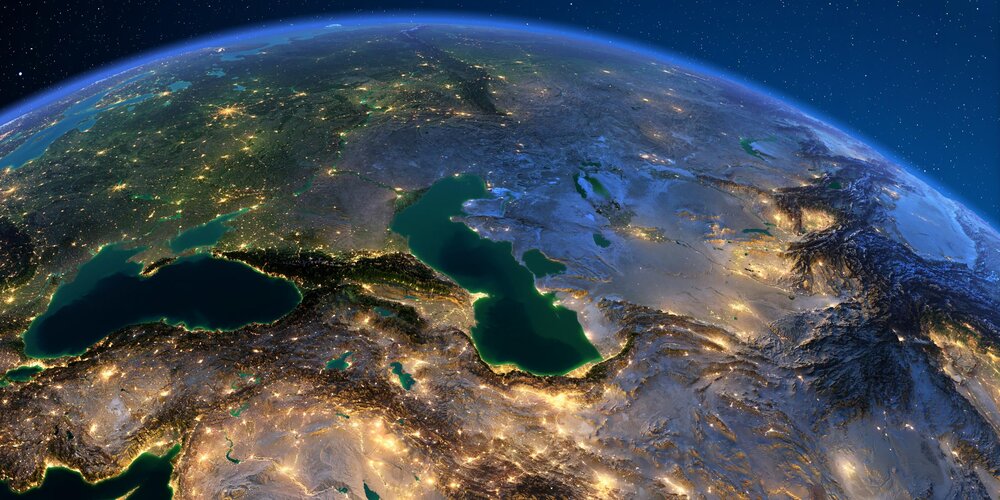INSUBCONTINENT EXCLUSIVE:
extraction and refining, offshore oil fields, and huge volumes of untreated sewage and industrial waste.Waste management in the Caspian Sea
rainfall, and because the severity of leachate pollution is very high, it imposes a serious threat to the marine environment.According to
Sewage from cities bordering the sea exacerbates pollution.Tehran ConventionIn 2003, the Caspian littoral states, comprising the Islamic
Republic of Iran, the Republic of Azerbaijan, the Republic of Kazakhstan, the Russian Federation, and Turkmenistan, signed the (Tehran)
Caspian littoral states, the Tehran Convention entered into force on the 12th of August 2006.The objective of this Convention is the
protection of the Caspian environment from all sources of pollution including the protection, preservation, restoration, and sustainable and
rational use of the biological resources of the Caspian Sea.The Tehran Convention serves as an umbrella legal instrument that not only aims
at protecting the Caspian environment from all sources of pollution but also targets the preservation, restoration, and protection of the
of the Tehran Convention, the littoral States are required to take all appropriate measures to achieve these objectives individually or
jointly and to cooperate with international organizations to that end.On the sidelines of the 6th summit of the Caspian Sea littoral states
which was held in Ashgabat on June 29, President Ebrahim Raisi said the interaction of the Islamic Republic of Iran with its friends and
neighbors is original, and this interaction and cooperation not only will lead to economic prosperity and increase the welfare of our
nations, but also strengthen regional peace and stability and solve the problems of the Caspian Sea zone merely through its coastal

